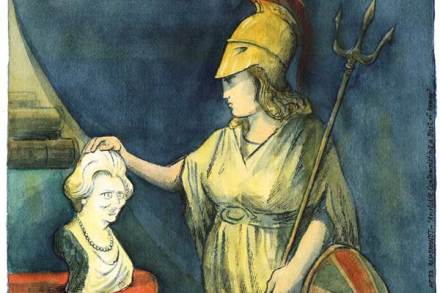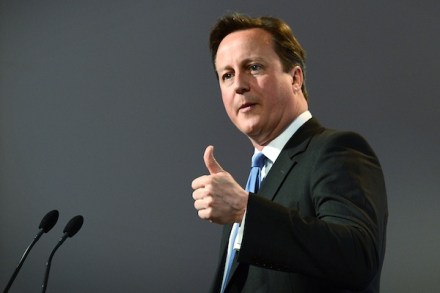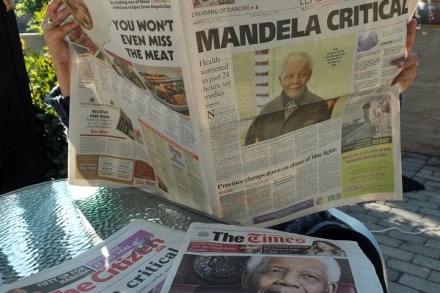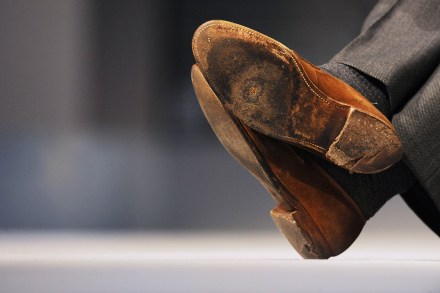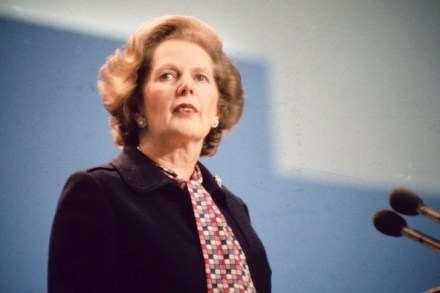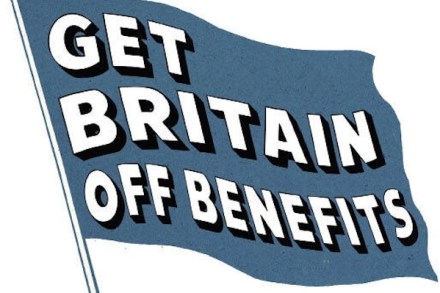Thatcher’s legacy is alive and well. Don’t let Labour unravel it
Today the conference hall in Manchester paid our respects, once again, to Britain’s greatest peacetime leader, Margaret Thatcher. listen to ‘The Conseratives’ tribute to Margaret Thatcher’ on Audioboo It is a source of never-ending pride for every Conservative MP that we represent a party which was led by the country’s first female Prime Minister. Baroness Thatcher did more to extend wealth and ownership across the country than any other politician. We are all better off because of what she did. But it’s not only in the conference hall in Manchester that Baroness Thatcher’s legacy is alive and well. Across the country we see the change in the transferring of wealth
